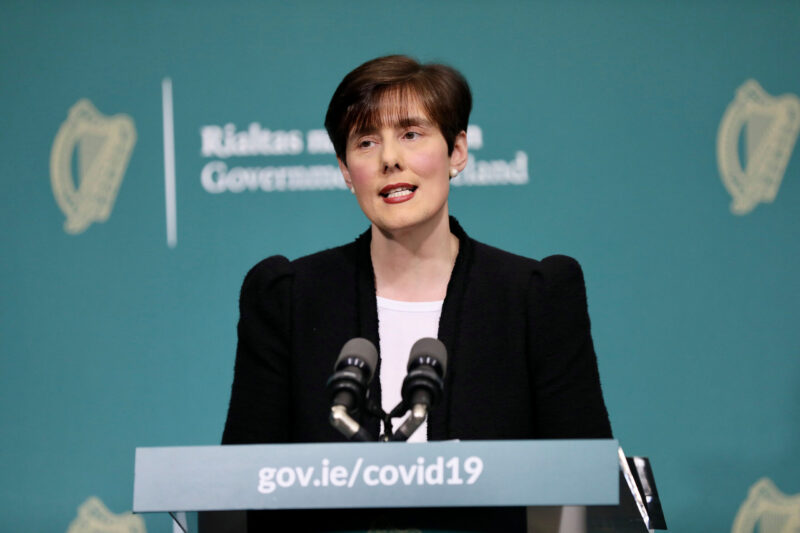Minister for Education Norma Foley told RTÉ’s Morning Ireland today that a number of students may have to defer college places due to errors made in the leaving certificate calculated grades this year.
Yesterday, it was reported that some 6,500 students may have received incorrect grades in this year’s leaving certificate due to two coding errors in the calculated grades system.
In light of the news, Foley announced that students who would have been entitled to a higher preference in their CAO results if errors had not occurred in the calculated grades system will now be offered a place in that course.
Speaking this morning, Foley said that her department would work to maximise the number of places available to affected students but added that “there may well be a number of students who have to defer”.
Foley also said that the Department of Education and the Department of Further and Higher Education will work “hand in hand” to create places for affected students.
She added that efforts to increase the number of places in colleges “will be achieved to the absolute limit”.
“In terms of the number of places I think it is important to remember that in appeals last year there were 17,000 appeals, 3,000 upgrades and 600 higher preference offers were made and all of those higher preference offers were made within that academic year, bar three”, Foley said.
“I would be very hopeful that we would achieve a similar level of success next year.”
According to the Irish Examiner, Minister for Higher Education Simon Harris said at the Fine Gael parliamentary party meeting last night that higher education institutions may need to free up 1,000 more places to meet increased demand. This morning, Foley said that these figures were a “guestimation”.
Yesterday, Provost Patrick Prendergast said that Trinity will try its best to find places for leaving certificate students who were incorrectly graded under the calculated grades system if the government fully funds them.
Polymetrika International Inc., the external contractors responsible for coding the standardisation process, told the Department of Education last week that two errors had been discovered in the same part of the code.
According to Polymetrika, the first error was in a single line of code, which affected the way a candidate’s junior certificate results were included in the standardisation process.
Junior certificate results in Irish, Maths and English are included in the standardisation data, along with the results for the candidates next two best subjects. The error instead included candidates’ two weakest subjects instead of their best. Polymetrika has since corrected the code.
The Department discovered a second error while performing checks related to rectifying the first error. This error was found in the same section of code programmed by Polymetrika.
The second error mistakenly factored in candidates’ junior certificate results in Civic, Social and Political Education into the data model. This coding error has also subsequently been corrected.
The Department has also contracted Educational Testing Service, a world-leading US-based non-profit organisation which specialises in educational measurement, to review essential aspects of the coding.







